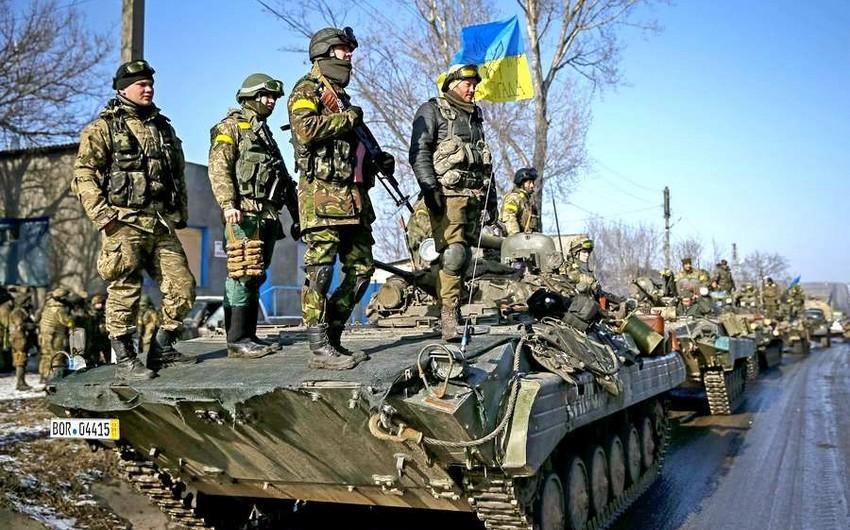Balkans, Baltic States, Moldova – whose door will Russian-Ukrainian war knock on? Expert Oleg Bondarenkio in touch with Caliber.Az
Assumptions about the possible spread of the Russian-Ukrainian war to the territory of third countries are now and then voiced in the post-Soviet expert community. After six months of prolonged military conflict, such a scenario is not ruled out in Europe.
In any case, Slovenian President Borut Pahor recently said that the conflict could well spill over from Ukraine to the Balkans. According to Anadolu Agency, Pahor admits such a possibility if the Russian-Ukrainian confrontation drags on for a long time. Moreover, according to the Slovenian president, the consequences may be more noticeable in the Western Balkans and in the southern border zone. The Western Balkans refers to the territories of the former Yugoslavia (Bosnia and Herzegovina, Croatia, Montenegro, North Macedonia, Serbia), as well as Albania.
To avoid such a development of events, Borut Pahor urged the leaders of Russia and Ukraine to urgently sit down at the negotiating table, possibly with the mediation of Turkish President Recep Tayyip Erdogan, whose peacekeeping efforts the head of Slovenia appreciates very highly. In addition, Erdogan suggested using Türkiye as a platform for negotiations between the Presidents of Russia and Ukraine, Vladimir Putin and Volodymyr Zelenskyy.
Pahor's apprehension is shared by Lithuanian President Gitanas Nauseda, who suggested in an interview with Voice of America that if Russia succeeds in Ukraine, the Baltic states will be next on its way.
"I do not know who they will choose as the next target - the Baltic states, perhaps Poland, perhaps Romania, but this is not the most important question. The most important challenge is to do something in the format of NATO and the European Union that would stop Russia," the Lithuanian president said.

Meanwhile, commenting on these statements by the top officials of Slovenia and Lithuania, Oleg Bondarenko, director of the Progressive Policy Foundation, an expert on the Balkan countries, told Caliber.Az that the conflict in Ukraine cannot move to the Balkans or Lithuania in any way, but there may well be their own hotbeds of tension.
"If we are talking about Lithuania, naturally, the cornerstone is the problem of free transit to Russia. The Kaliningrad region is a recognized part of the Russian Federation, so any cargoes that go from or to the Kaliningrad region cannot be unregulated. This is quite obvious. If Lithuania takes any aggressive actions, it will inevitably cause a certain conflict. I hope that such incidents will not escalate into something more serious.
As for the Balkans, there are long-standing conflicts of their own. In principle, we should understand that if a Pandora's Box opens in one place in Europe (as happened in Ukraine), it can just as easily open in any other place. That is, the conflict in the Balkans can erupt quite independently of the Ukrainian one. At present, the war in Ukraine has nothing to do with the situation in Bosnia and Herzegovina and cannot continue on the territory of the Balkans. In general, there is no direct overlap of any of these conflicts," Bondarenko said, suggesting, however, that Transnistria could be an exception.
"Such a threat is caused by the fact," the political scientist explains, "that Transnistria borders the regions of Ukraine where fighting is taking place. Transnistria has its own long-standing conflict. Incidentally, there is a huge ammunition warehouse there that could pose a danger if someone were to impinge on it."
According to Bondarenko's forecast, the conflict in the Balkans may break out in September due to the unresolved situation with the passage of Serbs who live on the territory of Kosovo. At the same time, the Russian political analyst does not rule out that the sides will be able to reach a compromise solution to this problem by the end of this month.








